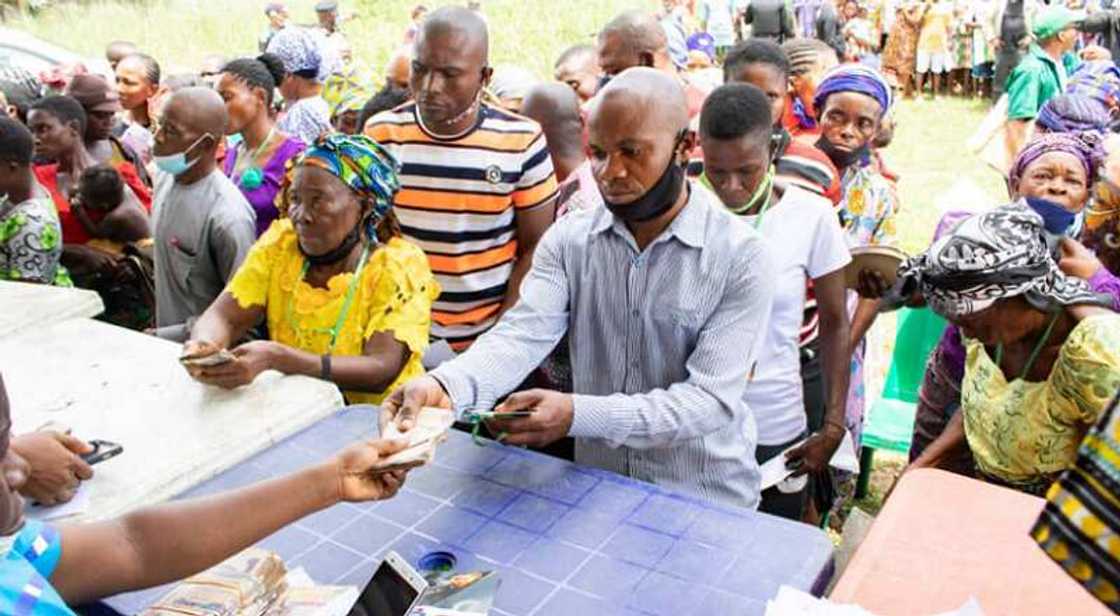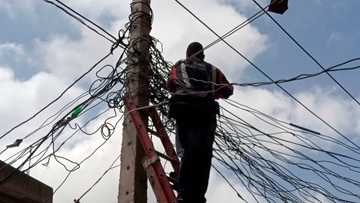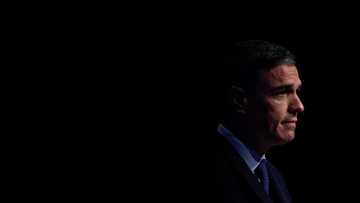Report Shows Buhari’s Cash Transfer Program Neglected 43 Million Poor Nigerians
- The cash intervention scheme under former president Buhari only covered 40.21 million Nigerians
- World Bank says government spending geared towards addressing poverty and protection is not enough
- The Bank also said Nigeria needs comprehensive expansion and coverage of social protection programmes
PAY ATTENTION: Сheck out news that is picked exactly for YOU ➡️ click on “Recommended for you” and enjoy!
The Federal Government’s N5,000 monthly cash transfer under ex-President Muhammadu Buhari did not capture 42.69 million poor Nigerians.
This was established in the edition of the June 2023 Nigeria Development Update of the World Bank, which disclosed that only 19.4% of Nigerians benefitted from the programme.

Source: UGC
Recall that President Bola Tinubu recently announced N8,000 palliative for 12 million households for six months to cushion the effect of fuel subsidy removal.
With an estimated population of around 207.25 million based on World Bank estimates, Punch reports that the number only covers about 40.21 million Nigerians who benefitted from the cash transfer programme.
PAY ATTENTION: Follow us on Instagram - get the most important news directly in your favourite app!
The bank also noted that about 40% of Nigerians - estimated at 82.9 million people – at the end of 2022 lived on less than the national poverty line.
FG not spending enough to address poverty
The bank hinted that the government needs to spend more to address poverty and protection to cope with financial shocks.
In 2021, the World Bank said the country spent only 0.7% of its GDP on social safety nets. The number, the bank added, is much lower compared to the average for Sub-Saharan Africa and lower-middle-income countries, with a record of 1.2% and a global average of 1.5%.
It said:
Only 19.4 per cent of Nigerians benefitted from any safety nets programme, compared with 25 per cent regionally and 41 per cent globally.
Among those covered, however, the bank said benefit levels remain insufficient to keep households out of poverty. Hence it called for the comprehensive expansion and coverage of its social protection programmes to allow households to cope better with inevitable future shocks.
Poverty situation in Nigeria
The bank noted that most Nigerians are either poor or economically insecure, making them just one shock away from falling into poverty.
It stated:
About 40 per cent of Nigerians—82.9 million people— lived on less than the national poverty line in 2018/19.13. An additional one quarter of the population—some 52.6 million people—were economically insecure, at high risk of falling into poverty. The overall poverty situation since then is unlikely to have improved, given that GDP per capita has declined since 2019.
According to the bank, an additional four million Nigerians also add to the number between January and May 2023 as a result of the rising inflation. It further estimated that more than 7.1 million poor Nigerians would become poor without the Federal Government providing palliatives.
Report claims Buhari’s poverty reduction strategy impacted millions
In related news, Legit.ng, in a report highlighting the achievements of Buhari's National Poverty Reduction with Growth Strategy (NPRGS) across the country, claims that Buhari’s poverty reduction scheme impacted some Nigerians.
Activities of the Steering Committee of NPRGS, chaired by the Vice President, Prof Yemi Osinbajo, SAN, revealed that the committee's interventions had impacted millions of Nigerians in different sectors within a few years.
Laolu Akande, the spokesman to the Vice President, stated that almost 2 million vulnerable Nigerians had been impacted by various projects which were implemented by the committee of the NPRGS for the year 2022 in the areas of rural roads construction, agriculture as well as skills and vocational training.
Source: Legit.ng





